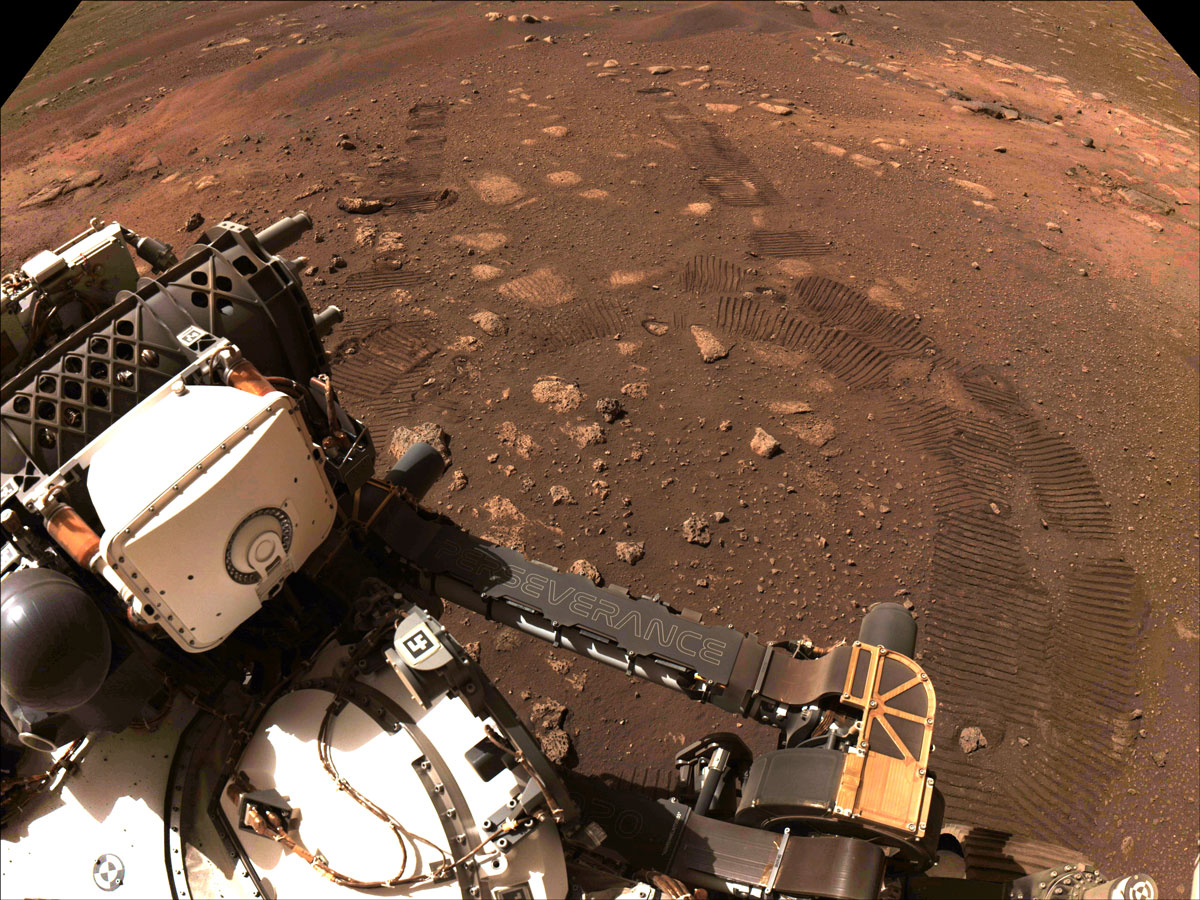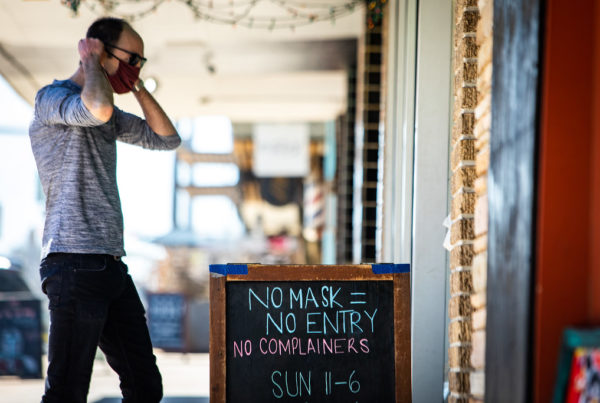This week, China’s Zhurong rover landed on Mars. It happened three months after the American Perseverance rover landed on the Red Planet.
Both China and the United States are conducting separate exploration missions in what amounts to a modern-day space race. And that opens the door to many ethical questions about human settlements beyond Earth.
Adam Mann is a space and physics journalist who used one simple question as the jumping-off point for his recent story in The New Yorker: Is Mars Ours?
“Here on Earth … we’ve definitely had a lot of problems,” Mann told Texas Standard. “Do we take some of the lessons that we have perhaps learned, or not learned here, and try to apply them to places where there’s definitely not humans and where there might not even be living creatures at all?”
He wonders whether ethics would work the same way on Mars as they do on Earth.
“We have this general mindset that if you see something and nobody else has it, then it’s yours and you should be able to do whatever you want with it,” he said. “But Mars is a place that has existed independent of us for four billion years. It’s got beautiful features, and we might want to consider, at the very least, not just sort of marching in and spreading all of our trash there and start destroying things.”
He says ethics could help guide future Mars exploration. For one thing, an ethical mindset might include changing the way we talk about space exploration – rethinking the idea of “colonization,” for example, given the damage it’s done to society on Earth.
Mann also says the 50-year-old Outer Space Treaty could also help provide a framework for Mars exploration.
“[It] specifically prohibits appropriating land on any celestial bodies,” he said. “That means the Moon or Mars or asteroids or basically anywhere else in the solar system.”
But without ownership, Mann also wonders who would be responsible for keeping things in order on settlements. If no one is in charge, does that mean everyone is in charge? He argues thinking about these issues ahead of time could help make any settling on Mars a more thoughtful process compared to other recent space endeavors.
“I wanted to bring up these issues in my article,” he said. “When you look at literally the very first place that we have gone to in space, which is the area just around our planet, we fairly quickly turned it into a bit of a junkyard.”















